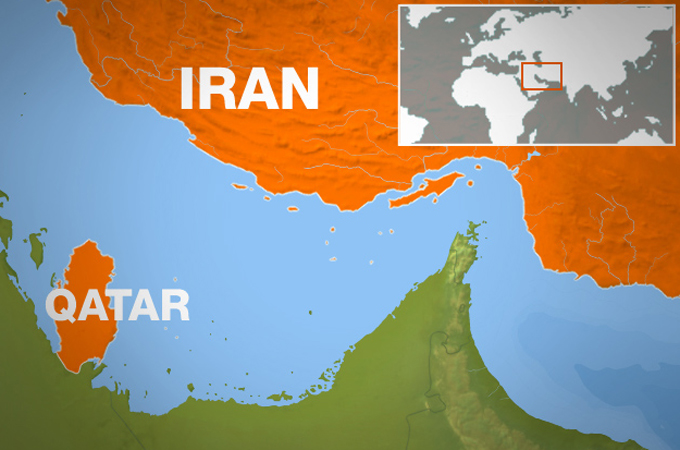After Bahrain, the UAE, Saudi Arabia, Egypt, Yemen, Libya, the Maldives, Mauritius, Mauritania and the Comoros severed diplomatic relations with Doha, explaining this by Qatar's support of terrorism and extremist ideology, its hostile policies and interference in the affairs of the Arab states, Donald Trump, speaking on the telephone with Qatari Sheikh Mohammed bin Abdulrahman Al-Thani, said about his willingness to participate in the settlement of the diplomatic crisis.
Meanwhile, according to the head of the Arab and Islamic Studies Center at the Institute for Oriental Studies of the Russian Academy of Sciences, Vasily Kuznetsov, the importance of the current events is overestimated: "There was already an example of a break in diplomatic ties with Qatar. The competition between the various countries of the Persian Gulf has existed for a long time. Qatar and Saudi Arabia have different positions on a number of regional situations. The terrible crisis of confidence in the region also affects the countries of the Cooperation Council for the Arab States of the Gulf (GCC), which always preferred take care of everything internally and demonstrate their absolute cohesion to the external audience. "
However, Kuznetsov thinks that the current events will not have serious consequences for the system of international relations: "The crisis might well be resolved in the short term, but it will affect those whom Qatar really supports. These are certain forces in the Syrian conflict, and the Muslim Brotherhood movement. But there is hardly any country in the Middle East, which has never been accused of supporting terrorism. But it never happened in the framework of the GCC, which is making the restoration of relations, the restoration of trust very problematic now".

A senior research fellow of the Institute for Oriental Studies of the Russian Academy of Sciences, Irina Fedorova, recalled that Qatar was accused of supporting terrorist organizations, which are supported by Iran. "The relationship between Qatar and Iran is specific. They are forced to cooperate, as they are developing one of the largest gas fields in the Persian Gulf region on the border between the two countries. Both countries cooperate in the framework of the Gas Exporters Forum. Both countries are not interested in destabilizing the situation in the Middle East, because it would disrupt the rhythm of energy supplies from these countries and could adversely affect the economy. Such Qatar's position towards Iran cannot but cause Saudi Arabia's animosity," Fedorova said.
Speaking about the consequences of these events for the Middle East, the expert said: "President Trump called these events 'payback'. That is, it is the return of investments in his visit to Saudi Arabia. However, not the whole US establishment shares such an opinion. Right away, both Mr. Mattis and Pentagon spokesman Capt. Davis hastened to say about the importance of US cooperation with Qatar, about Qatar's support in stabilizing the situation in the Middle East, about the base that helps in the fight against ISIS. They tried to mitigate the situation that could arise as a result of Mr. Trump's ill-considered statements. In this regard, I do not exclude that it is possible that the US will try to mediate to resolve the crisis between Qatar, Saudi Arabia and other Arab countries of the Persian Gulf".
Speaking about Iran's reaction, Fedorova described it as restrained: "President Rouhani and representative of the Majlis said that the situation should be resolved in the form of a dialogue, that the issue should be discussed at a diplomatic level. Rouhani said that the US policy towards the Middle East has not been fully worked, that they should wait until it takes the final form. Any escalation of tensions between Iran and the US can lead to an intensification of conservative circles in Iran, which is not beneficial to President Rouhani, and not beneficial to the reformers, which re-elected Rouhani as President. Therefore, Iran took a wait-and-see attitude. It does make a fuss over this situation".






